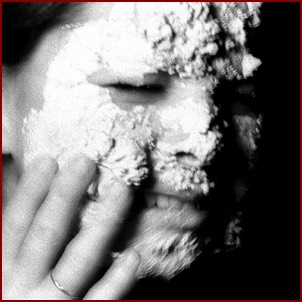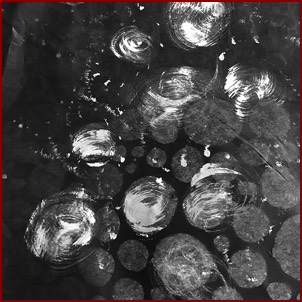Trauma-informed care & recovery in Toronto
The second set are those who don’t have any idea that trauma may be a factor in their present-day problems. Connecting the dots to childhood adverse events isn’t even on their radar. I gently guide these clients through a process where they find answers to their painful questions and develop compassion for themselves.
Trauma can be Acute – resulting from a single overwhelming experience, Chronic – which is repeated and prolonged such as domestic abuse or bullying and Complex – which is exposure to multiple and varied traumatic events often of an invasive and interpersonal nature.
If you are suffering from trauma of any sort and are finding it difficult to make your way through this world there is hope. Your behaviours and emotions have developed as responses to frightening and debilitating events and recognizing how you adapted is the first step to recovery.

Signs & symptoms of trauma
You've experienced something that you are constantly reminded of and even though you wish those thoughts would go away – they don’t.
•
You avoid the people and places that remind you of the frightening and traumatic event.
•
Trauma is interfering with your relationships or making it impossible to develop closeness with others.
•
Memories of your trauma keep you up at night and disrupt your sleep with nightmares.
•
You’re anxious most of the time, drink heavily or use recreational drugs to numb yourself.
•
Addictions are interfering with your life.
•
You feel depressed and ashamed a lot of the time.
•
You blame yourself for what happened to you.
How I work with trauma
We take time to talk. I witness your story, validate your experiences and ask questions to help us both understand the significance of them in your life.
I gently work with you through Compassionate Inquiry and The Clearing Method to delve into the beliefs you developed about yourself as a result of these experiences and how they manifest in your daily life and explore the root of your pain to dissolve it. We imagine and explore possibilities to feel compassion for yourself and others which can support the healing process.
Alternatively, you may prefer to intuitively tap into your emotions and physical sensations through art making and then explore what arrived.
If the trauma was sudden or recent, we’ll use the arts as a form of self-soothing to calm the nervous system and to process what happened to you, so you don’t suffer long-term.
The sensory qualities of the arts are key to helping individuals communicate traumatic memories and act as a bridge to their trauma narrative. This allows the mind and the body work together by integrating neurobiology with the emotional, spiritual and physical self.
By the way, I want to stress that no experience is needed to use the arts in this way so you can relax into the process and get the most out of sessions. And, If the arts aren’t your thing at all – no worries – I want to assure you our time together will be deep, rich and beneficial in treating your trauma symptoms.
There is hope for trauma sufferers. Reach out to me by scheduling a free consult. You don't have to do this alone.






